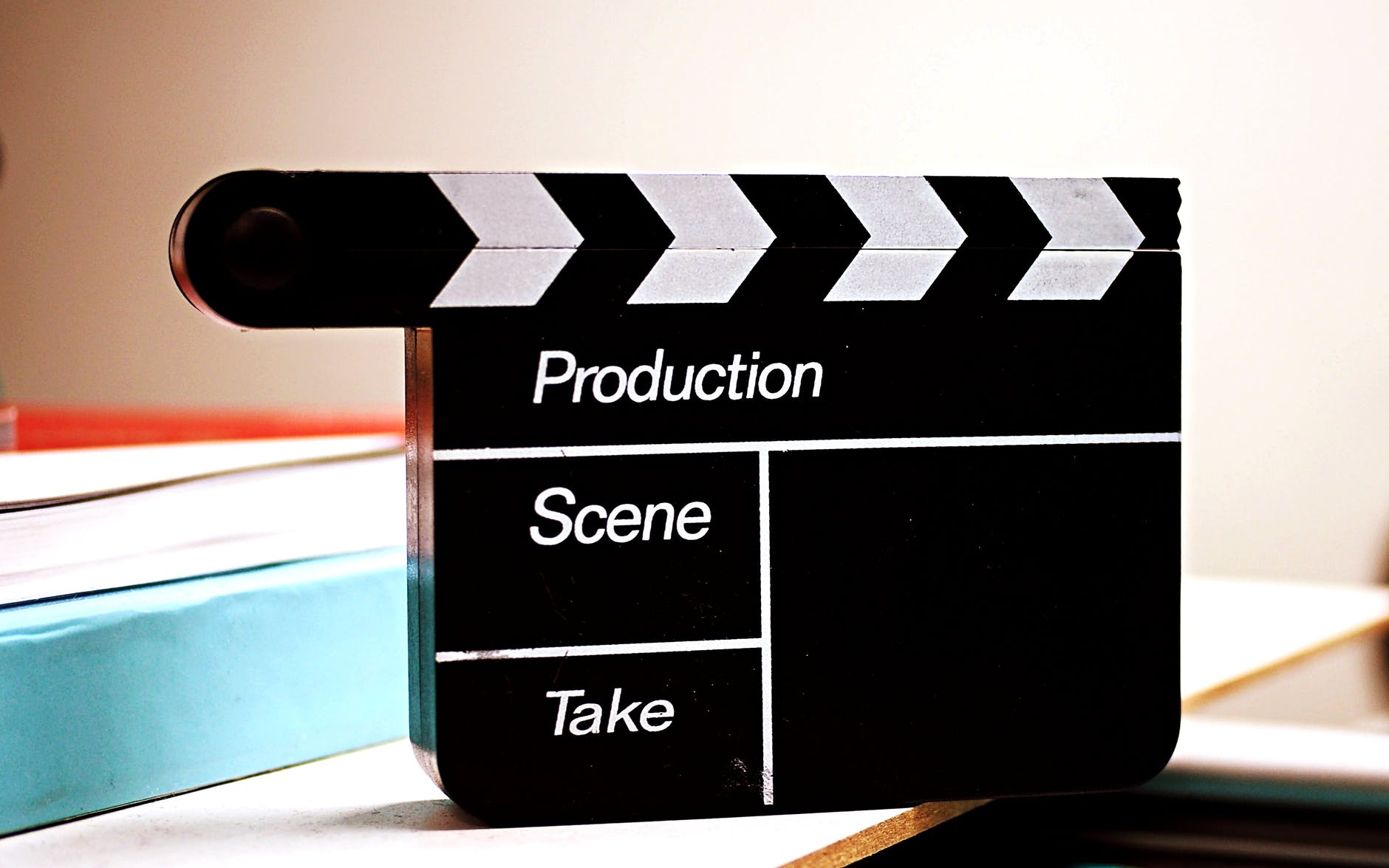What is Casting?
The casting process in acting
(By Tonya Tannenbaum)
Casting is a fundamental and crucial phase in the world of acting. It serves as the bridge between the creation of a story and its transformation into a vivid, on-screen or on-stage performance. In this article, we’ll explore what casting means in acting, its significance, and the intricate process that brings actors into their roles.
Defining Casting:
Casting, in the context of acting, refers to the process of selecting and hiring actors to portray characters in a film, television series, theater production, commercial, or any performance medium. It’s the pivotal point where the creative vision of a project begins to take shape, as actors are chosen to bring the script to life.
The Significance of Casting:
The casting process holds immense significance for several reasons:
- Bringing Characters to Life:
Casting helps transform characters from the written word into flesh and blood. The right actor can breathe life into a character, making them relatable and compelling.
- Shaping the Project’s Identity:
The actors selected for a production significantly impact its identity and marketability. Casting choices can influence audience expectations and reception.
- Compatibility and Chemistry:
Casting ensures that the selected actors work well together, creating believable chemistry among characters, which is vital for on-screen or on-stage dynamics.
The Casting Process:
The casting process typically follows a series of stages:
- Auditions:
The initial step involves auditions, where actors perform specific scenes, monologues, or cold readings from the script. Auditions can be conducted in person or through self-taped submissions.
- Callbacks:
Some actors are called back for a second round of auditions, allowing casting directors, producers, and directors to see how well actors fit their desired roles.
- Chemistry Tests:
In cases where character relationships are central to the story, chemistry tests are conducted to evaluate how well actors work together and complement each other.
- Casting Director’s Role:
A casting director plays a pivotal role in the process. They work closely with the production team to identify actors who align with the project’s vision. Casting directors may also provide valuable insights, suggest potential talent, and coordinate the logistics of the casting process.
- Casting Decisions:
The final casting decisions are made by the production team, including the director, producers, and sometimes even the studio or network executives. The team carefully considers the auditions, chemistry tests, and the overall suitability of actors for the roles.
- Offer and Negotiation:
Once an actor is chosen, offers are extended, and negotiations begin, covering contract terms, compensation, and other crucial details.
- Pre-Production:
Actors begin preparing for their roles, including script analysis, character development, and working with the production team to understand the vision and requirements of the project.
Casting in acting is the transformative stage where actors are selected to bring characters to life and shape the identity of a production. It’s a meticulous and collaborative process that involves auditions, callbacks, chemistry tests, and negotiation. The casting director plays a vital role in finding the perfect fit for each character. Ultimately, the success of a project often hinges on the casting choices made, and the chemistry and compatibility of the actors chosen to tell the story.




